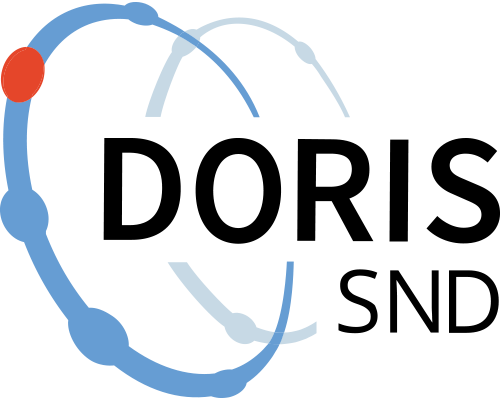ISSP 1994 - Family and changing gender roles II: Sweden
https://doi.org/10.5878/001596
This is the Swedish part of the 1994 'International Social Survey Program' (ISSP), and this is the second time ISSP focuses on the significance of family and changing gender roles.
Questions cover the respondents attitude to employment of women and the role distribution of man and woman. Other questions deal with how much women should work outside the home during various stages of child raising. The respondents also gave their opinions on different aspects of marriage, divorce and having children. The respondents reported if their own mother worked during their childhood and stated their present contacts with their mother. Other questions deal with personal divorces and earlier divorce of present partner. Married persons were asked if they lived together with their partner before marriage and all respondents were asked if they ever did live together with partner without being married. Furthermore the respondents had to give their opinions on: paid maternity leave; financial benefits for child care; right to free abortion; sexual relations before marriage; sexual relations under the age of 16; extra-marital sexual relations; and sexual relations between two adults of the same sex. People married or living as married were asked who earns more money and how they managed their income, if they kept their own money separate or if they pooled the money. They were also asked how they divide the work between man and woman when it comes to housework such as: laundry, small repairs, care for sick family members, shopping for groceries and decision what to have for dinner. All respondents that ever had children were asked about their own and partner´s extent of employment during various stages of cild raising. Socio-economic background information include: employment status; weekly working hours; occupation; employee or self-employed; supervisory function; work in private or public sector; trade union membership; education; years in school; income; marital status; spouse´s employment status, occupation and socio-economic classification; spouse employed or self-employed; family income; age and gender of other persons in household; party preference; self-classification of social class; religious affiliation and church attendance; gender; age; nationality.
Purpose:
ISSP aims to design and implement internationally comparable attitude surveys. The study in 1994 investigating Family and Changing Gender Roles.
Data files
Data files
Documentation files
Documentation files
Citation and access
Citation and access
Data access level:
Creator/Principal investigator(s):
- Jonas Edlund - Umeå University - Department of Sociology
- Stefan Svallfors - Umeå University - Department of Sociology
- Eva Sundström - Umeå University - Department of Sociology
Research principal:
Data contains personal data:
No
Citation:
Method and outcome
Method and outcome
Data collection - Self-administered questionnaire: Paper
Data collection - Self-administered questionnaire: Paper
Geographic coverage
Geographic coverage
Administrative information
Administrative information
Topic and keywords
Topic and keywords
Relations
Relations
Publications
Publications
Versions
Versions
Metadata
Metadata
Versions
Versions
